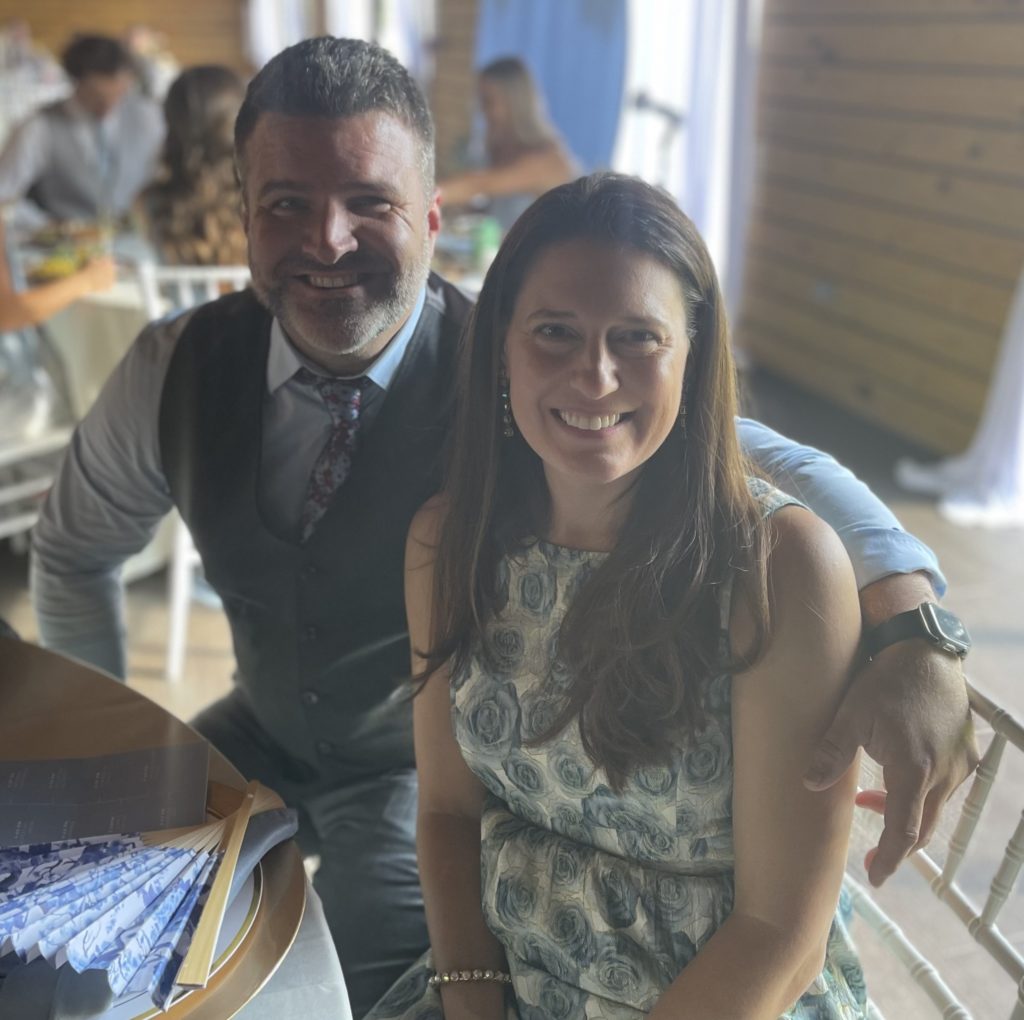“Therefore, I urge you, brothers and sisters, in view of God’s mercy, to offer your bodies as a living sacrifice, holy and pleasing to God – this is your true and proper worship” (Romans 12:1).
For so long my aim at a living sacrifice was perfecting what I could and laying down an offering as spotless as achievable. It wasn’t because I thought that God demanded perfection. I don’t believe Him to be a tyrant. It was because He isn’t so demanding; because He is so kind and good that I wanted to bring my best. He deserved my best. Still does. But I think that somewhere in my trying I forgot that He brought the only spotless sacrifice, and my efforts are as filthy rags in comparison. I was striving to shine what would never faultlessly sparkle. It had no chance of it. And in that I’ve eventually found no small amount of comfort.
I‘ve reached the halfway mark of life, and as my toes grip the bend of the incline forward, I teeter a bit with hesitancy. I’ve reached some heights, achieved some goals, and realized some dreams. Their glory has now tarnished and worn thin. On this side of the climb, I’m feeling the fatigue of living so far from my heavenly home. I’m feeling the wear on my body. My best is no longer what it once was. The needle has shifted. There is still a grabbing for what is behind and a yet to lean fully into what’s ahead.
But this morning, I’m wondering if the worship offered from an older, more beat-up life is maybe just as beautiful to Him as that from a young and eager one. And in turn should be to me too. Maybe the hard-earned sacrifice that is full of spots and wrinkles is another level of praise altogether. Not better but different, one I’ve only now been able to give. Maybe He sees my flaws and my pain differently than I do. Maybe older me should see them differently too.
What if He is gracing me the opportunity to walk through difficulty, the chance to callous my hands with the work of it? And these difficulties and these callouses are producing a new kind of hallelujah? What if they are all a gift of mercy meant for me to offer back to Him, and I too often look at them in disappointment? I’ve resisted the gift He’s given because I misunderstood it; rejected it as too hard…too dark…too unlike I wanted for it to be Him. The word mercy in Romans 12:1 is describing God’s heart of compassion and longing. Have I failed to really “view” “God’s mercy” all these years? Did I view what was meant to be an extending of true love as a slap in the face? Have I flinched more often than I’ve leaned to embrace Him?
My finite mind wrestles these thoughts. Nothing gets by God’s notice. Nothing happens that He doesn’t have plans for. So, do I look in the face of who I deem difficult and defile His mercy with my assessments…my quick judgements…quick anger…quick offense? Do I explode at the impositions to my peace? Do I fail to bring my peace to the impositions? Do I let irritation grow when distraction interferes with my doing? Do I forget that the irritant, especially when it has a heart and soul, is a gift of mercy worthy of the interruption? Do I reject His gift when He doesn’t consult my plans?
Maybe I hesitate to give myself fully to the next season because I’ve failed to see all the mercy gifts that have gotten me through all the others. Maybe my eyes haven’t seen clearly enough to realize the problems, the setbacks, the difficulty, and the interruptions have all been mercy gifts from God. And I feel like I’ve heard this before but my ears didn’t really hear. Like my eyes have seen this before but didn’t really see. Maybe the hard earned scars are what change the eyes and ears the most. Maybe that is the greatest gift. To see God in everything. To hear Him everywhere. To no longer believe that the bad…the difficult…the enemy could ever overpower His power or beauty or love. Maybe I’ve given more credence to the power of the enemy to hinder my gift than the power of God to give me greater gifts to give. Maybe I’ve made more of the enemy and his ability to hurt me than God’s ability to heal me. Maybe, just maybe, my eyes and ears needed the tune-up that only time and challenge can give.
I think I’ve spent too much of my life focused on the lesser definition of perfection and not the greater one which is mature and complete. Perhaps in becoming more mature and complete, we begin seeing and hearing more maturely and completely. And in that we view God’s mercy more clearly. The exchange for such eyes and ears elicits a worship that isn’t perfect by human standards but one that is proper and true by God’s.

